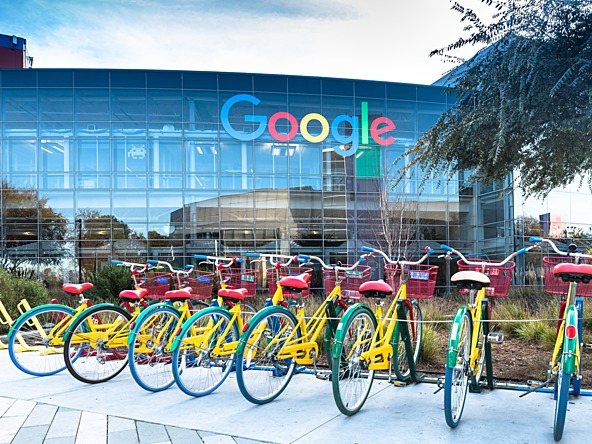Google decides to keep third-party cookies

In a blog post by Anthony Chavez, vice-president, Privacy Sandbox at Google, the company confirmed that cookies would remain in place while Privacy Sandbox alternatives develop, recognising the disruption across industries from removing third-party cookies.
The abolition of third-party cookies was initially announced in January 2020 and was supposed to be completed before the end of 2021, before delays saw their phasing out pushed back.
Third-party cookies are widely used by many advertisers to target their advertising effectively, and Privacy Sandbox was Google’s project to find an alternative that had better data privacy standards.
“We expect that overall performance using Privacy Sandbox APIs will improve over time as industry adoption increases,” Chavez wrote.
“At the same time, we recognise this transition requires significant work by many participants and will have an impact on publishers, advertisers, and everyone involved in online advertising.
“In light of this, we are proposing an updated approach that elevates user choice. Instead of deprecating third-party cookies, we would introduce a new experience in Chrome that lets people make an informed choice that applies across their web browsing, and they’d be able to adjust that choice at any time.”
Chavez added that Google was discussing its new proposals with regulators and has committed to engaging with the industry as it is released.
Google will also continue to make the Privacy Sandbox APIs available and invest in them to further improve privacy and utility, and the business intends to offer additional privacy controls, such as adding IP protection into Chrome’s incognito mode.
Jon Mew, chief executive at IAB UK, said: “This news represents a significant shift in Google’s approach to third-party cookies, but it isn’t and shouldn’t be a return to cookies as the default. Our industry has made huge progress over the past four years and this process has irrevocably reshaped the digital ecosystem – that doesn’t just evaporate with the removal of Google’s cookie deadline.
“The reality is that a big proportion of the open web can’t be addressed by third-party cookies already, so continuing to pursue other ways of targeting and measuring audiences is vital. It’s also important to note that the ICO has responded by encouraging the industry ‘to move to more private alternatives to third-party cookies – and not to resort to more opaque forms of tracking’.”

We hope you enjoyed this article.
Research Live is published by MRS.
The Market Research Society (MRS) exists to promote and protect the research sector, showcasing how research delivers impact for businesses and government.
Members of MRS enjoy many benefits including tailoured policy guidance, discounts on training and conferences, and access to member-only content.
For example, there's an archive of winning case studies from over a decade of MRS Awards.
Find out more about the benefits of joining MRS here.














0 Comments